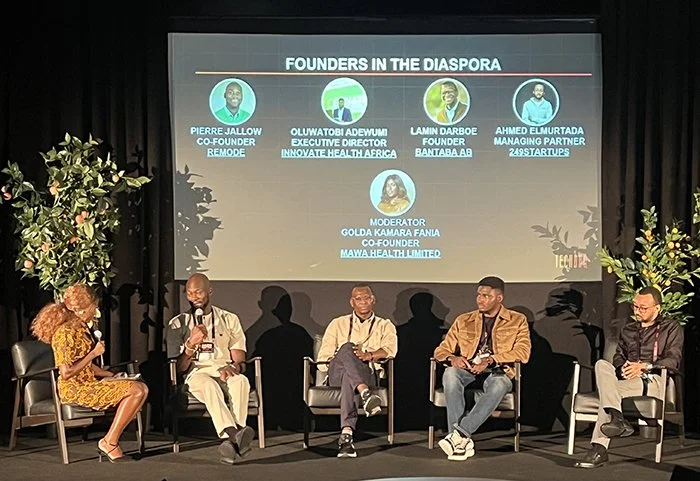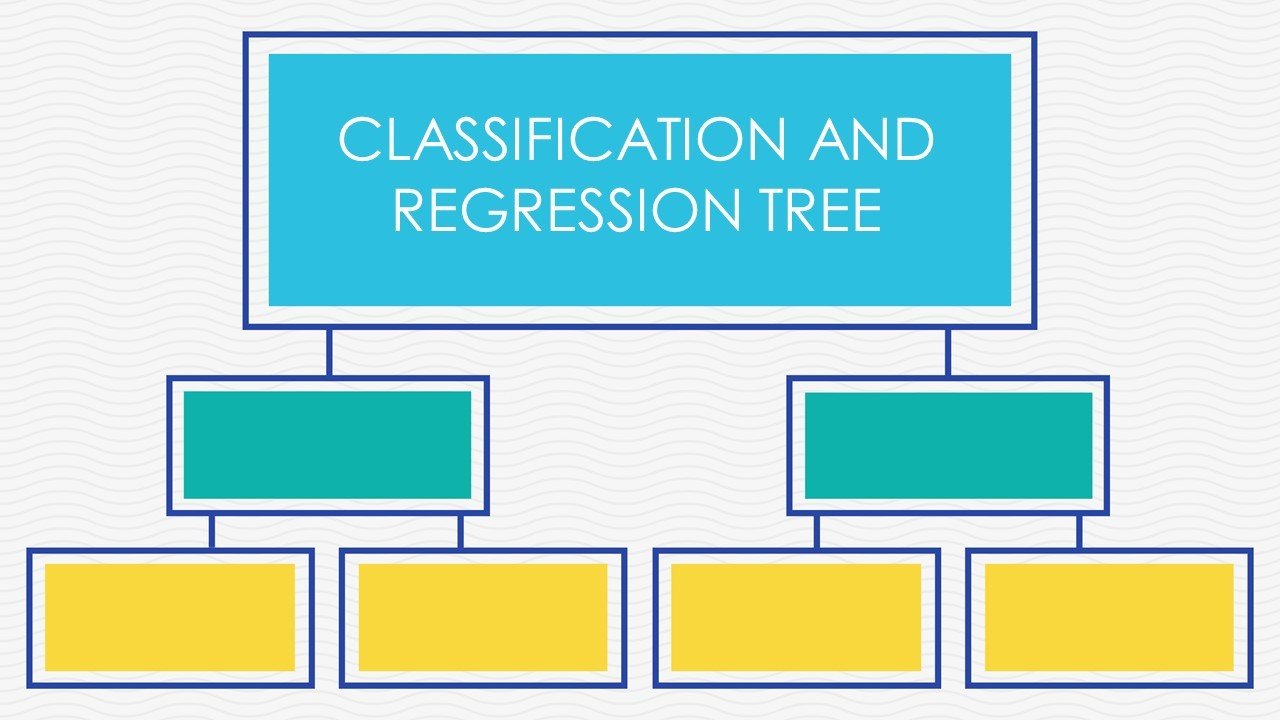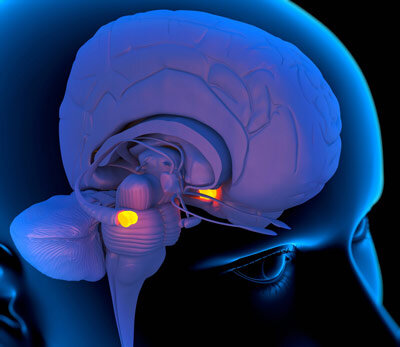I think the most valuable people in the future will be those who remain deeply connected to their humanity. While AI can simulate emotions, only humans truly experience them. In the same way, someone who has taken every emotional intelligence training might know all the right things to say and score highly on assessments yet still feel emotionally hollow. They have the answers, but not the substance behind them, and this mirrors AI’s ability to provide emotionally intelligent responses without actually feeling anything.
The tyranny of urgency
I think the difference between reacting and responding isn’t just about self-control, it’s about self-awareness. The first step is noticing what’s really going on, internally and externally. The second step is pausing long enough to process, and the third is choosing to move forward with intention. Unlike IQ, which is about logic and information processing, EQ is about navigating uncertainty, tension, and human complexity. And while artificial intelligence (AI) is getting faster, cheaper, and smarter, what makes you effective as a leader isn’t how much data you can consume—but how well you connect, adapt, and lead with emotional maturity. That’s the human edge, and it’s more important now than ever.
Machine learning vs. human
The future of coaching is likely to be influenced by the rise of AI and automation. Imagine AI taking the lead in a coaching session, asking questions like, "What's on your mind?" or "You spoke about this two weeks ago, but what feels like the real challenge here for you?" With enough context, AI could analyse conversations, follow decision trees, and offer thoughtful prompts like, "What else?" repeatedly, drawing out deeper insights. This kind of interaction could effectively simulate human coaching, potentially achieving similar outcomes a significant portion of the time. As a coach, this raises an important question: Where do you offer unique value in the coaching experience that someone can't get from chatting with their AI assistant?
The human connection matters
At the core of this evolution is a fundamental truth: authenticity cannot be imitated. In an AI-dominated world where much can be automated or replicated, the human connection stands out as irreplaceable. Buyers seek genuine relationships with people they trust to guide them through complex decisions. Trusted advisors understand this and aim to be more than just sellers; they become partners in their clients' success. I think earning the title of "trusted advisor" starts with a shift in mindset. Rather than focusing solely on closing deals, these advisors embrace a “student and leader” approach. They listen actively and ask insightful questions to uncover their clients' true needs and challenges. This curiosity not only shows real interest but also helps advisors gain a deeper understanding of their clients' industries and the context behind their decisions.
Trust yourself
c/o Medium
Artificial Intelligence (AI) lacks business acumen, it cannot delve into a business and apply nuance, experience, or patterns learned from other contexts. Back in the days when I used to sell clothes and accessories, I visited various businesses and noticed that many of them faced similar problems, despite different contexts. I think by observing these patterns, I can now have meaningful conversations with leaders and senior executives about their businesses. While AI can analyse data and provide information, it cannot interpret it in a way that human beings can understand, because it cannot grasp the context of what is truly happening in a business. What do you think?
Future proofing our youngsters
Someone asked me the other day about what I thought our youngsters should be learning in order to counter the threat of AI (artificial intelligence). Here’s what I think and not in any particular order:
Public speaking
Project management
Negotiation
Conflict resolution
Critical thinking
The art of selling
Storytelling
People management
Customer service
Marketing







